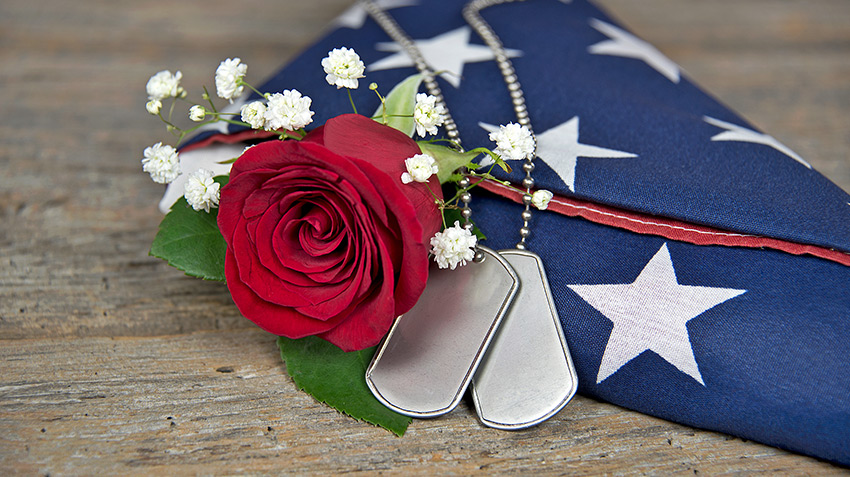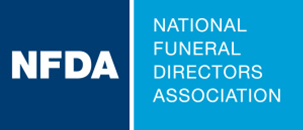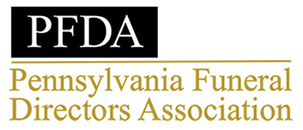
Planning a funeral for someone who served in the Armed Forces allows the recognition of how much a person sacrificed to fight for their country to keep its citizens safe.
It’s important, however, to remember that funeral planning for veterans can be very different from planning a regular funeral. There’s a lot more work that goes into funeral planning for veterans, including certain paperwork that needs to be taken care of—and the costs involved aren’t always the same as they would be for a regular funeral.
Either way, a funeral for a veteran is a very important event and it gives you the chance to honor your loved one for the service they gave to their country. In this blog post, we’ll highlight a few things that you need to consider when planning a funeral for a veteran.
Check if you can get Veteran Affairs coverage
The Department of Veteran Affairs, also called the VA for short, can help you cover some of your funeral expenses if your loved one was a veteran who was discharged honorably or with a disability. Also, if your loved one wished to be buried in a national cemetery, the headstone and the funeral service will be free.
The VA may help cover some aspects of the funding for the funeral, but this depends on the circumstances surrounding your loved one’s passing. For instance, if your loved one passed away in a VA hospital, you may receive reimbursement.
Many of these benefits are not received automatically, so you’ll have to gather all the necessary documentation and submit an application for veteran benefits. In addition to these documents, the VA may also ask you to submit copies of receipts for funeral expenses, like the cost of the casket and the service.
Arrange for military honors
Veterans who received an honorary discharge are eligible to receive military honors at their funerals. When you go about funeral planning for veterans, make sure to check if your loved one had specifically asked for military honors at their funeral.
Typical, military funeral arrangements include covering your loved one’s casket with the American flag and having a folded version of the flag presented to their next of kin. The person who receives the folded flag is usually a child or the spouse of the deceased.
After you’ve made certain that your loved one wanted a military funeral, you should discuss this with the funeral director.
Decide where your loved one will be buried
Veterans, active duty service members, and reservists are all eligible to be buried in a Veterans Affairs cemetery. Currently, there are over 130 in 40 states and also in Puerto Rico.
You could also choose to have your loved one buried in a national cemetery, if that is what they wished for, or a state veteran cemetery. State veteran cemeteries are similar to national cemeteries as far as eligibility is concerned, but they usually require the deceased to have been a native of the state.
When choosing to bury your loved one in a VA or national cemetery, the funeral may be provided with several benefits free of charge. These include:
- A burial flag
- Maintenance of the grave
- A Presidential Memorial Certificate
- A government headstone or grave marker
- Opening and closing of the gravesite
It’s not compulsory for a veteran to be buried in a VA or national cemetery, however. You can choose to have your loved one buried at a private cemetery as well, but you won’t be able to access any of the benefits you’ll get from a VA cemetery.
Work with a funeral home for funeral planning for veterans
Planning a veteran funeral for a loved one can be a challenge, especially when you’re not sure how to go about it. Fortunately, when you work with reputable funeral home services in Pittsburgh, you’ll receive the guidance you need to plan out the veteran funeral that’s worthy of your loved one.



